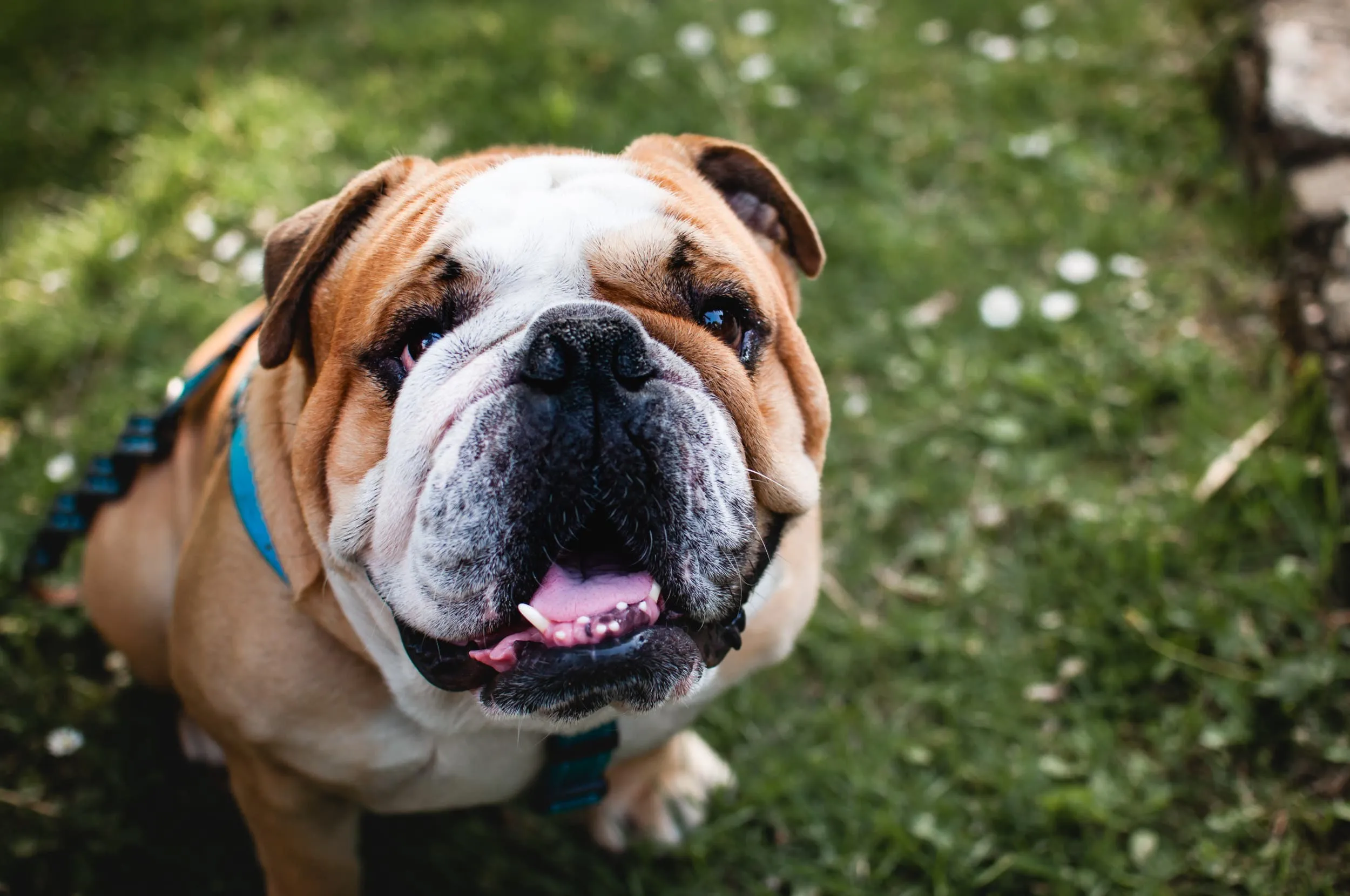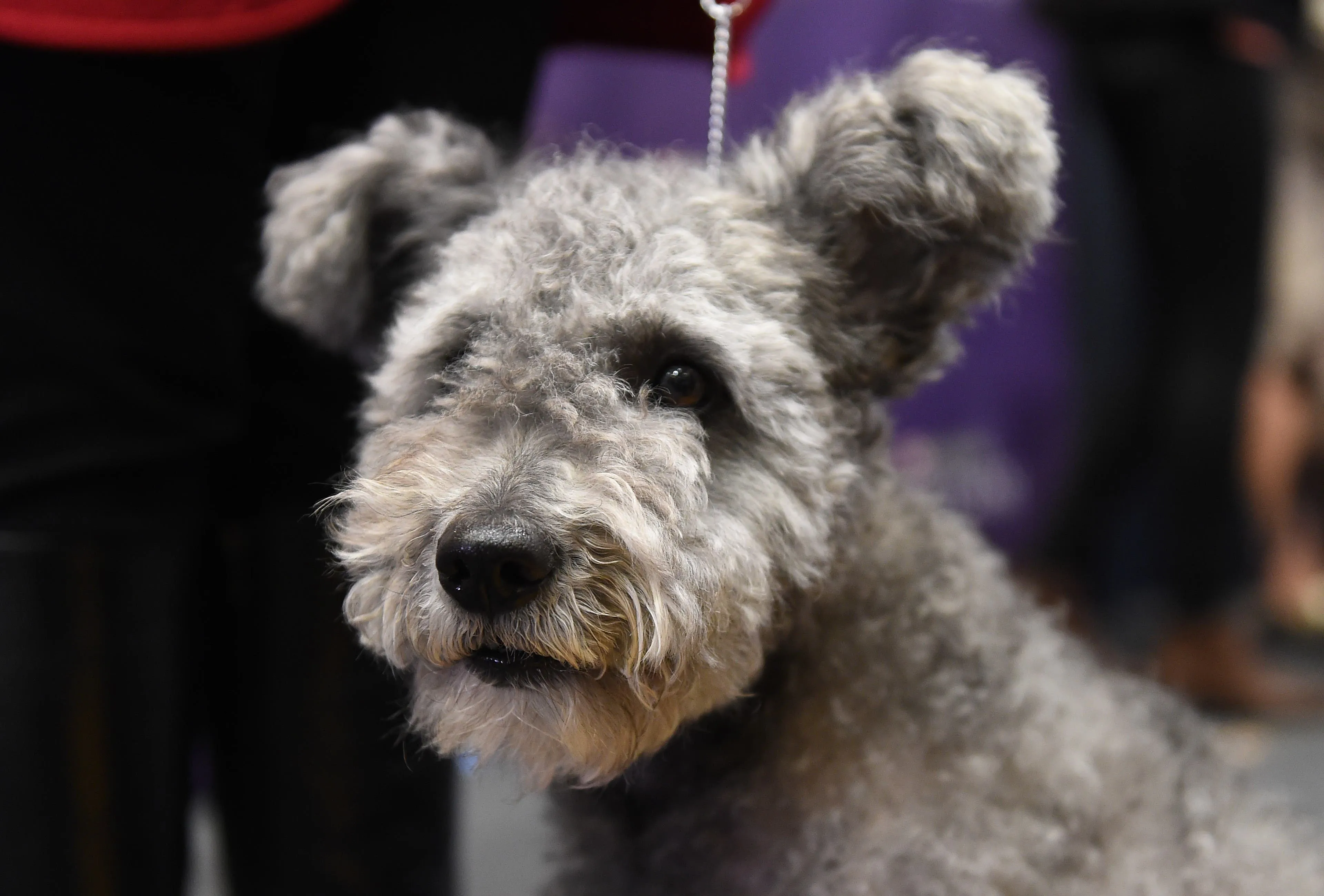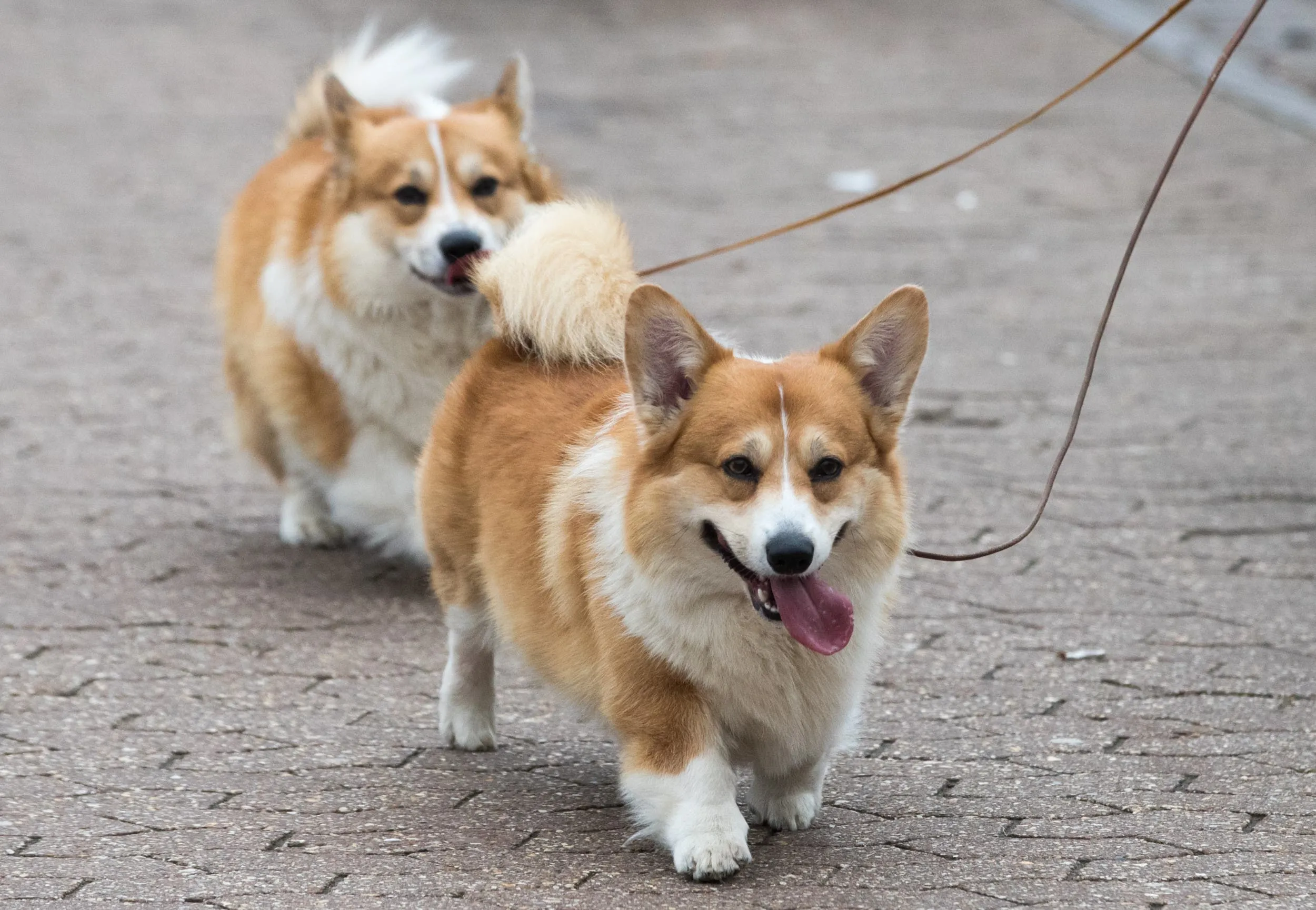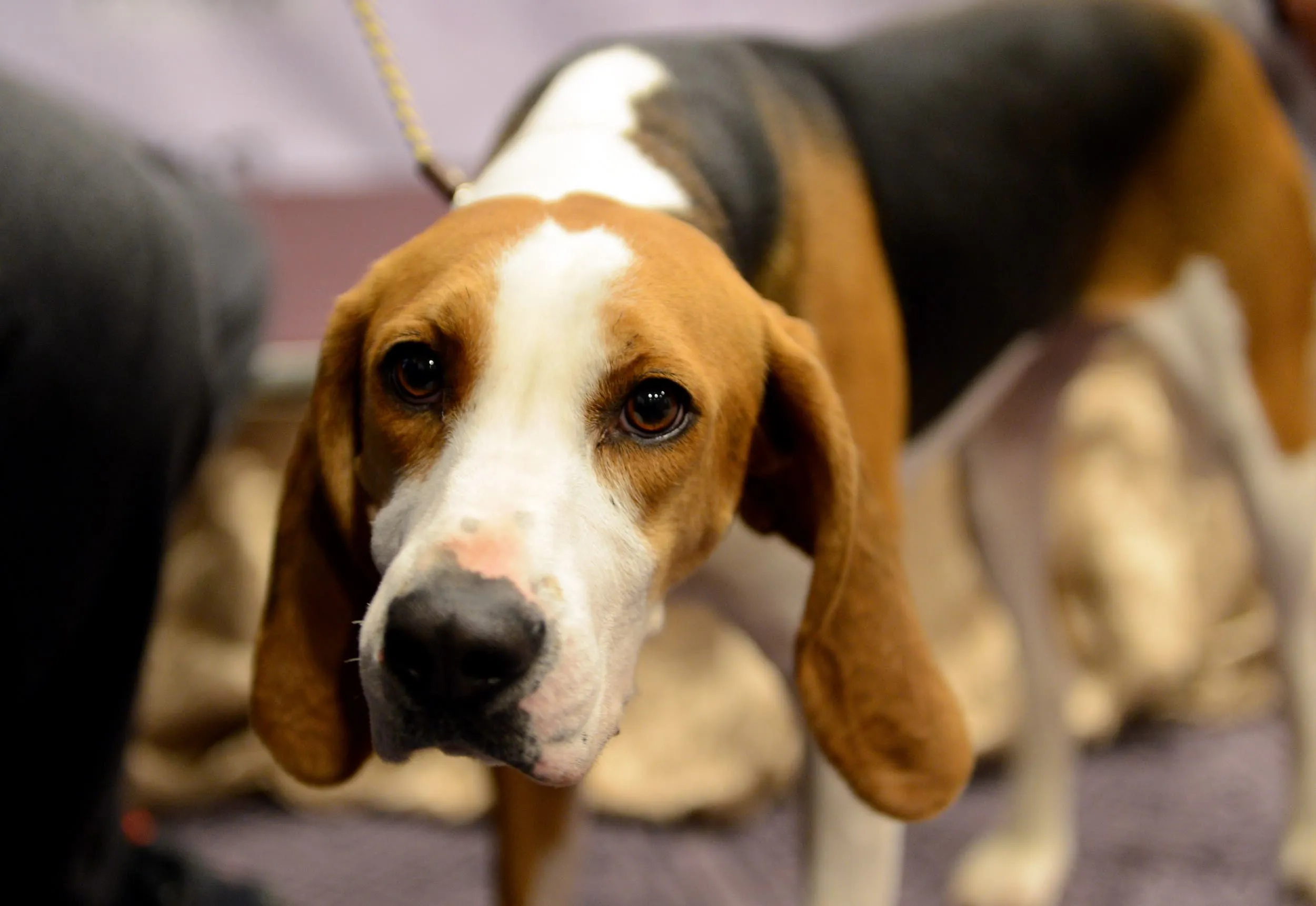It’s a common scenario for any dog owner: your beloved canine companion gazes up at you with those irresistible puppy eyes as you enjoy your meal. The temptation to share a bite of your food can be overwhelming, and it’s natural to want to indulge them. While many human foods are perfectly safe and even beneficial for dogs, it’s crucial to understand that their digestive systems differ significantly from ours. Eating the wrong foods can lead to immediate health issues, long-term problems, or in severe cases, be fatal. Therefore, knowing What Human Foods Do Dogs Love that are also safe for them is essential for responsible pet ownership.
According to the American Kennel Club, some human foods can be excellent occasional treats when given in moderation and prepared correctly. This guide will explore a variety of human foods that dogs typically enjoy, outlining their benefits and important safety precautions to ensure your furry friend stays happy and healthy. Understanding these options can help you provide delicious and nutritious additions to their diet without compromising their well-being. For a broader overview of canine dietary needs, you might also find it helpful to explore what human food can dogs eat and not eat to ensure you’re making the best choices for your pet’s health.
Safe and Delicious Human Foods for Your Dog
Sharing a small portion of your meal can strengthen the bond with your dog, but it’s vital to know which items are on the “safe” list. Here’s a detailed look at some of the best human foods dogs love, along with tips on how to prepare them safely.
Carrot
Crunchy and sweet, carrots are a fantastic, healthy treat for dogs. Many pooches adore both the taste and satisfying texture. Carrots are packed with essential vitamins and minerals, including beta-carotene (which the body converts to vitamin A), vitamin K, potassium, and antioxidants. These nutrients support healthy vision, immune function, and overall vitality. Always cut carrots into bite-sized pieces, especially for smaller dogs, to prevent choking. Raw or lightly steamed carrots are best, with no added seasonings. If you’re looking for more crunchy, healthy options, you might be interested in discovering what other vegetables are good for dogs.
Eggs
Eggs are a powerhouse of nutrition for dogs, providing a complete source of protein, linoleic acid, and vitamin A. They contribute to muscle development, skin health, and a shiny coat. However, proper preparation is key. Eggs must be cooked thoroughly before being given to a dog to eliminate the risk of salmonella. Scrambled or hard-boiled eggs are ideal. Never add butter, oil, salt, or other common human ingredients when preparing eggs for your dog, as these can be unhealthy or even toxic.
Salmon
Rich in omega-3 fatty acids, salmon is excellent for supporting a dog’s immune system, reducing inflammation, and promoting a healthy, lustrous coat. It’s also a high-quality protein source, which is why you often find salmon as a key ingredient in premium dog foods. When preparing salmon for your dog, ensure it is fully cooked, boneless, and completely unseasoned. Avoid raw salmon, as it can contain parasites that are harmful to dogs.
Mango
This tropical fruit contains a wealth of vitamins, including A, B6, C, and E, as well as potassium and beta-carotene. These nutrients support immune health, skin, and coat. While a tasty treat, mango is high in natural sugars, so it should only be given in moderation as an occasional indulgence. Crucially, the large pit of the mango must be removed entirely, as it contains small amounts of cyanide and poses a significant choking hazard. Peel the skin off as well, as it can be difficult to digest.
Cheese
Most dogs are incredibly fond of cheese, and it can be a safe treat in small quantities. Cheese provides protein and calcium. However, it is also high in fat, and excessive consumption can lead to weight gain, digestive upset, and more serious conditions like pancreatitis, which can be fatal. Some dogs are also lactose intolerant, so introduce cheese slowly and monitor for any adverse reactions. Always opt for plain, low-fat varieties and offer only tiny portions occasionally.
 A content English bulldog sitting attentively, waiting for a treat.
A content English bulldog sitting attentively, waiting for a treat.
Banana
Bananas are a great source of potassium, vitamin B6, vitamin C, magnesium, and fiber, all of which contribute to a dog’s overall health. Potassium supports heart and kidney function, while fiber aids digestion. However, like most fruits, bananas contain a good amount of sugar, so they should be given in moderation. Peel the banana and offer small slices as an occasional treat.
Apple
Many dogs absolutely love the satisfying crunch of apple slices, making them an excellent occasional snack. Apples are a good source of vitamin C, fiber, and calcium, which are beneficial for immune health and strong bones. Chewing on a piece of apple can also help clean your dog’s teeth, although it’s not a substitute for regular brushing. Always remove the core and seeds, as apple seeds contain small amounts of cyanide. Cut apples into appropriate sizes to prevent choking.
Blueberries
These small berries are packed with antioxidants, vitamin C, and fiber, contributing to a strong immune system and healthy digestion. Blueberries are also low in calories. For smaller dogs, there might be a choking risk, so it’s advisable to cut them in half before serving. They can be given fresh or frozen for a refreshing treat.
 A Pumi dog, with its distinctive corded coat, stands alert in an urban setting.
A Pumi dog, with its distinctive corded coat, stands alert in an urban setting.
Peanut Butter
A perennial favorite, many dogs go wild for peanut butter. It can be a healthy snack, providing protein, healthy fats, and vitamins B and E. However, it’s critically important to choose peanut butter that contains no added sugar or artificial sweeteners, especially xylitol. Xylitol is highly toxic to dogs and can cause a rapid drop in blood sugar, liver failure, and even death. Always check the ingredient label carefully. Due to its high fat and salt content, peanut butter should only be an occasional treat given in small amounts. For more essential information on what your dog should and shouldn’t eat, consider reading about what food cannot be given to dogs.
Cantaloupe
Cantaloupe is a refreshing and healthy fruit option for dogs. It’s low in calories, high in fiber, and an excellent source of water, making it perfect for hydration. It also provides vitamins A and C. Like other fruits, cantaloupe contains natural sugars, so it should be offered in moderation, particularly for dogs who are prone to weight gain or those with diabetes. Remove the rind and seeds before serving small, bite-sized pieces.
Cucumber
Pieces of cucumber are a fantastic, healthy treat for dogs. They are low in fat and sugar, making them ideal for dogs needing to watch their weight. Cucumbers are also rich in vitamins K and C, and contain magnesium and potassium. Cut cucumbers into small, bite-sized pieces to prevent choking, especially for enthusiastic eaters.
Raspberries
Raspberries are a tasty treat that can be given in moderation. They are rich in antioxidants, fiber, and vitamin C, supporting immune health and digestion. However, raspberries contain small amounts of naturally occurring xylitol. While the amount is generally very low and unlikely to be toxic in small quantities, it’s still best to limit them to a very occasional treat (no more than a handful a day for medium to large dogs) and avoid them entirely for very small dogs or those with xylitol sensitivities.
 Two Corgi dogs, known favorites of royalty, sitting calmly outdoors.
Two Corgi dogs, known favorites of royalty, sitting calmly outdoors.
Green Beans
Plain green beans are a safe and nutritious snack for dogs. They are packed with important vitamins and minerals, including vitamins C, K, and A, as well as manganese and fiber. Best of all, they are low in calories and fat, making them an excellent choice for dogs on a diet or those needing extra fiber. Ensure they are plain – no seasonings, butter, oil, or salt. Fresh, frozen, or canned (no sodium added) green beans are all acceptable, cut into manageable pieces.
Chicken
Cooked chicken is a healthy and highly palatable food that is safe for most dogs to eat. It’s a staple ingredient in many commercial dog foods and serves as an excellent source of lean protein, essential for muscle maintenance and overall health. However, it’s crucial to be aware that some dogs may have allergies to chicken, so introduce it cautiously. Always ensure chicken is thoroughly cooked and unseasoned. Most importantly, cooked chicken should always be removed from the bone. Cooked bones become brittle and can splinter easily, posing severe risks such as choking or puncturing a dog’s internal organs, which can be fatal.
Sweet Potato
Sweet potatoes are a fantastic source of fiber, promoting healthy digestion and bowel regularity. They are also rich in vitamins A, B6, and C, as well as calcium and iron, contributing to healthy vision, immune function, and bone strength. Always ensure sweet potato is cooked to a soft consistency (baked, boiled, or steamed) to prevent choking. The skin should be removed as it can be difficult for dogs to digest. Avoid adding any butter, salt, or spices. For general information on beneficial foods for canines, you might find more comprehensive advice on what are good things for dogs to eat.
 A Treeing Walker Coonhound dog with its distinct spotted coat, standing in a natural setting.
A Treeing Walker Coonhound dog with its distinct spotted coat, standing in a natural setting.
Conclusion
Sharing human foods with your dog can be a rewarding experience, but safety and moderation are paramount. By understanding what human foods do dogs love and how to prepare them safely, you can offer your furry friend a variety of healthy and delicious treats that complement their regular diet. Always introduce new foods slowly and in small quantities, monitoring for any signs of digestive upset or allergic reactions.
Remember, even safe human foods should only comprise a small portion of your dog’s total caloric intake – treats should never replace a balanced, high-quality dog food. When in doubt about whether a particular food is safe or if your dog has specific dietary needs, always consult your veterinarian. They can provide personalized advice to ensure your canine companion enjoys the best possible health and nutrition. For specific guidance on feeding young dogs, you may also wish to consult resources on what should a 4 month puppy eat.
References
- American Kennel Club (AKC). “Human Foods Dogs Can and Can’t Eat.” Available at: https://www.akc.org/expert-advice/nutrition/human-foods-dogs-can-and-cant-eat/ (Accessed Date: [Insert current month/year])
- Pet Poison Helpline. “Xylitol.” Available at: https://www.petpoisonhelpline.com/pet-safety-tips/xylitol-dogs/ (Accessed Date: [Insert current month/year])
